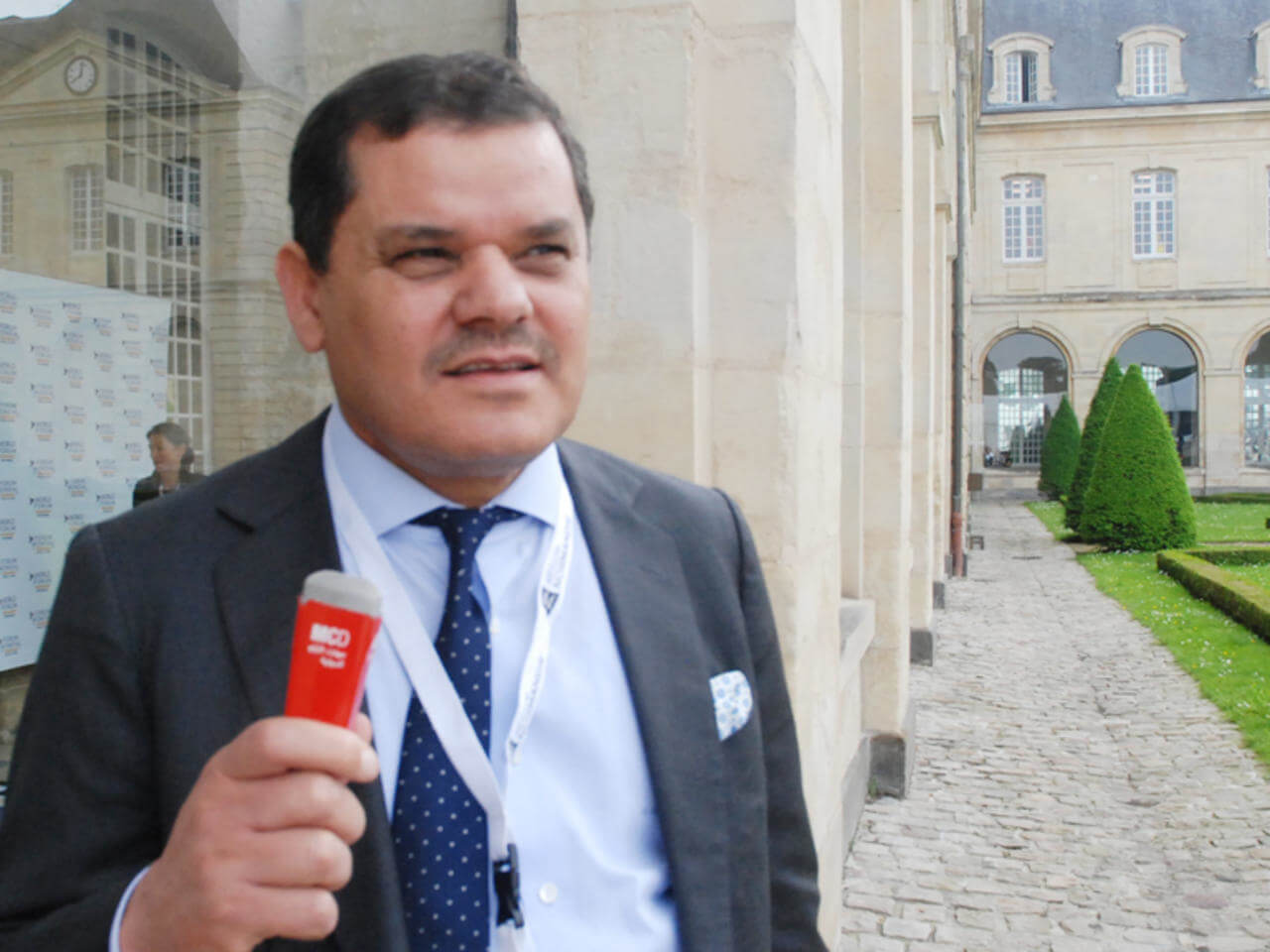The Libyan Political Dialogue Forum (LDPF), a 75 member committee set up by the United Nations (UN) that comprises of leaders representing a variety of political backgrounds in the country, voted to elect a new interim government in Libya. Following the vote, Mohammed al-Menfi was elected as the Presidency Council head and Abdulhamid Dbeibeh as the country’s Prime Minister.
In the run-up to the elections, all the candidates had vowed to smoothly conduct national presidential and parliamentary elections on December 24, 2021. Moreover, if voted into power by the LPDF, they promised to not participate in the December elections. The main goal of the interim government, as agreed by the LPDF, is to prepare for December’s elections, combat corruption, and bring back public services across the war-torn country.
Libya has been in the throes of a violent conflict since 2011 following the ousting of former leader Muammar Gaddafi by NATO-backed forces. Conflict in Libya has two warring sides—the internationally recognised and UN-backed Government of National Accord (GNA) and Gen. Khalifa Haftar’s eastern-based Libyan National Army (LNA). However, this election aims to bring an end to the conflict by allowing the two groups to retain control of different parts of the country. The decision to conduct these elections is in pursuance of the United Nations’ peace-making efforts in the region, specifically the Berlin conference that was held last year. As a result of this dialogue, the warring parties in Libya also signed a monumental ceasefire agreement in October, which called for the departure of all foreign fighters and mercenaries from Libya by January 24, 2021.
The inauguration of the interim government attracted support from the international community, with the United Nations acting Libya envoy Stephanie Willians celebrating it as a “historic moment”. She added that the current arrangement is the “best possible compromise.”
The European Union’s (EU) Foreign Policy Chief, Josep Borrell, also echoed this sentiment and said that the European side looked forward to cooperating with the newly elected government. However, he reiterated “the need for the swift formation of a new, inclusive government that will work for national reconciliation and unification of the country.” Borell also warned “possible spoilers”, who act as obstacles to the recently inaugurated government’s peacebuilding efforts, of facing sanctions from the EU.
Furthermore, the Arab League published a written statement calling upon its members to provide full support to the Libyan government’s efforts to bring an end to the conflict. Apart from the league, several individual Arab countries applauded the implementation of an interim government, too. For example, Turkey, which has long supported the GNA by deploying its own troops to the region, also welcomed the government. A statement by the Turkish foreign ministry said, “We are delighted with the appointment of a prime minister and a presidential council following the elections carried out through the inter-Libyan dialogue.” The statement added that Turkey will continue to offer the new executive its support to hold elections at the end of the year “and for the restoration of security in Libya.” In response, Dbeibeh hailed Turkey as a “friend and ally” and expressed his gratitude to Turkey for continuing to welcome Libyan people into its country.
The United Arab Emirates, Egypt, Algeria, Oman, and Yemen have all supported the new interim government as well.
However, things may not proceed as smoothly as is being portrayed. The government continues to face pressure from the various foreign powers involved in the region, many of whom remain the country in violation of the October ceasefire agreement. Moreover, the process of installing an interim government has been rejected by sections of the population who feel disconnected from these efforts as they have been “managed from abroad”. Some even believe it to be a superficial portrayal of temporary peace, predicting that militias, who continue to retain power in vast swathes of the country, will soon resume violence. In fact, even Stephanie Williams has warned the newly elected leaders of “people seeking to obstruct” their peacebuilding efforts.
European, Arab Leaders Welcome New UN-Backed Interim Libyan Government
The UN-led Libyan dialogue forum elected an interim government, with Abdul Hamid Dbeibah appointed as the prime minister. This comes ahead of the election scheduled in December.
February 8, 2021

SOURCE: WIKIPEDIA
